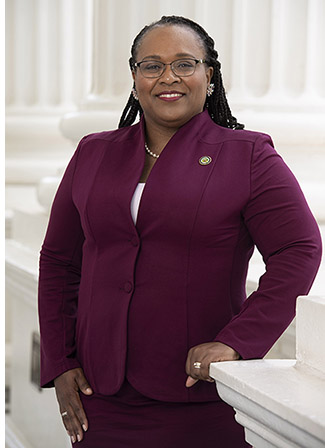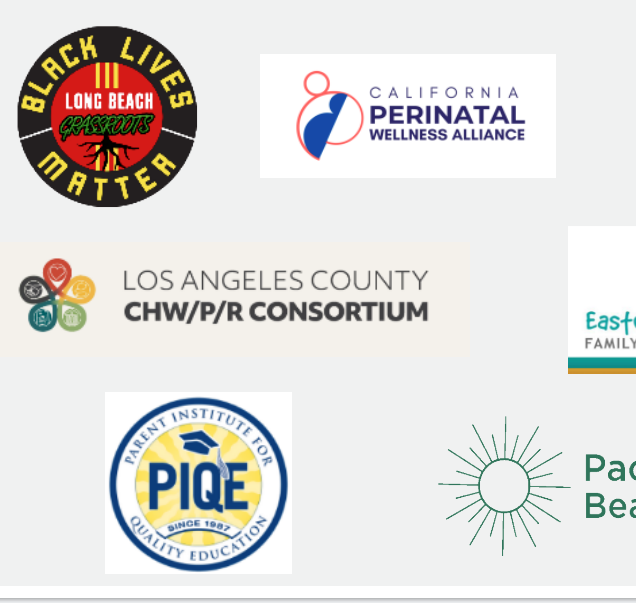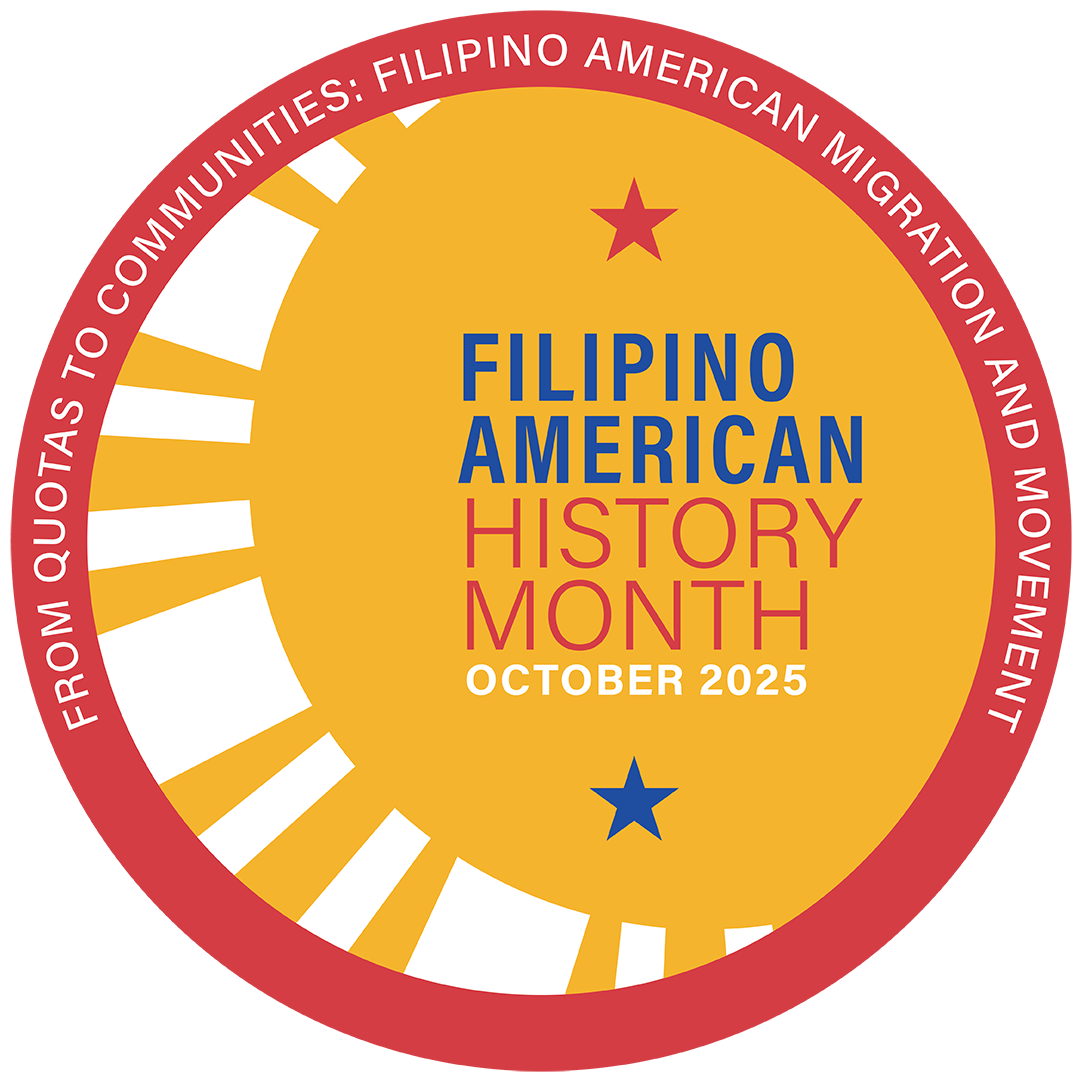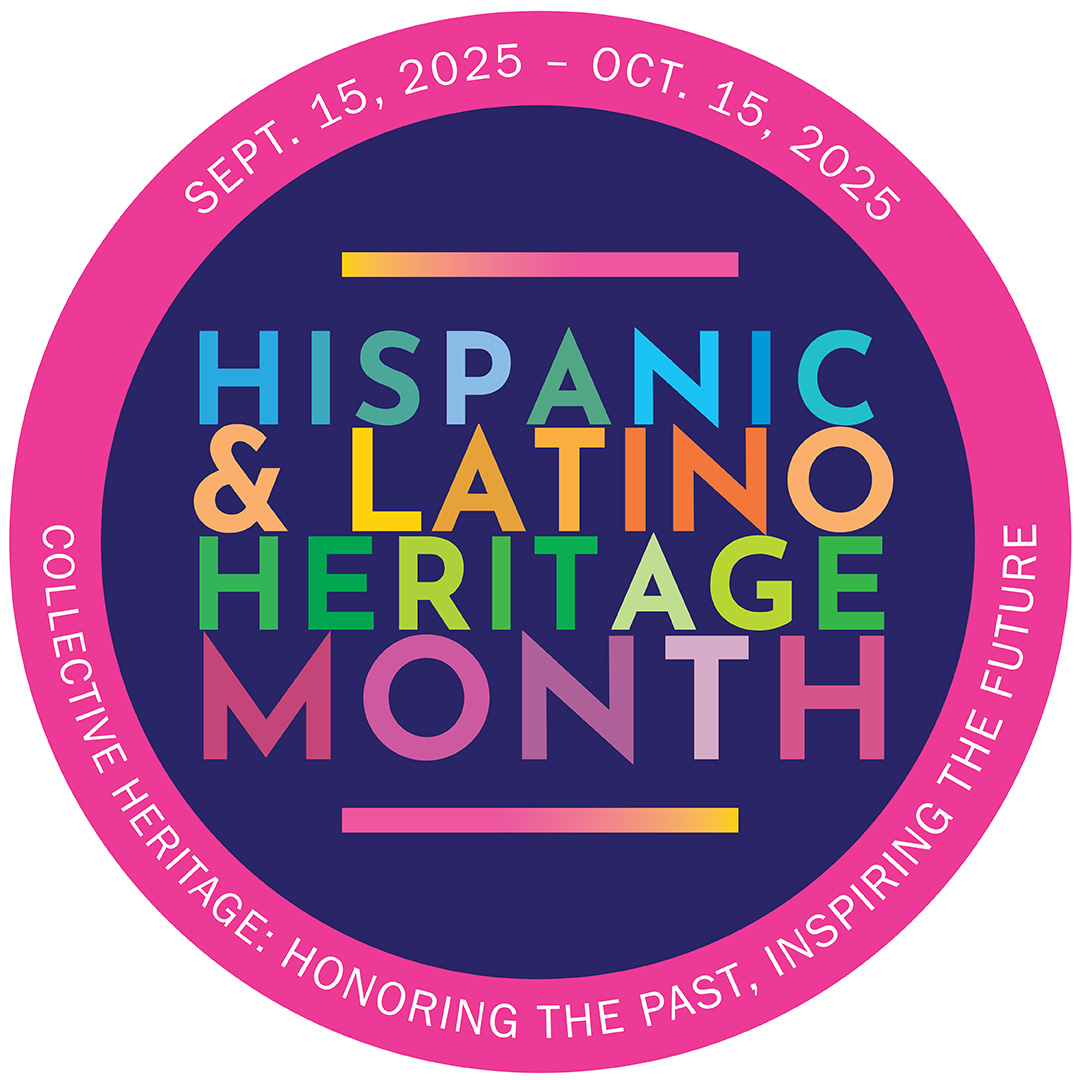 Erika Witt | Policy Analyst
Erika Witt | Policy Analyst
August 26, 2024
This August, California celebrates its first annual Transgender History Month, honoring the rich history and contributions of transgender Californians to the state. Acknowledging that California has been a central backdrop to the trans liberation movement, last year, the State Assembly voted to officially recognize August as Transgender History Month, aiming to foster greater insight, research, and awareness of the achievements of the transgender community, while dually recognizing the ongoing impacts of discrimination and exclusion.
Los Angeles County’s diverse population is one of its biggest strengths – and as trans rights and access to appropriate medical care are increasingly challenged across the United States – elevating transgender, nonbinary, and gender-expansive (TGE) people’s experiences of pregnancy and family-building is more than ever salient to ensure our systems and organizations truly work for and support every child and their family. In 2024 alone, a staggering 637 anti-trans bills were introduced across the United States, with 74 being considered at the federal level and 165 pertaining to health care.

Photo credit: genderspectrum.vice.com
Conversations about transgender people’s experiences with health care systems often necessarily focus on challenges faced by transgender youth in seeking gender-affirming care, but fewer discussions center on the unique experiences of transgender pregnant individuals in perinatal care settings. It’s crucial to actively advance dialogue and implement policies that address the needs and barriers gender-diverse individuals face in navigating pregnancy and childbirth, particularly those whose experience of perinatal care may be further shaped by their racial or ethnic identity. In the National Center for Transgender Equality (NCTE) 2015 survey of TGE people on the topic of seeking medical care, 33 percent of respondents reported at least one negative interaction with a health care professional, while 13 percent reported being denied coverage for routine sexual or reproductive health screenings.
One of First 5 LA’s 2024 legislative priorities cuts to the core of this issue: Assembly Bill (AB) 2319, introduced by Assemblymember Lori Wilson. Assemblymember Wilson is the first freshman legislator in California to be elected Chair of the California Legislative Black Caucus and the first to openly discuss being the parent of a transgender person. She credits her family’s experiences in supporting her son during his transition for her allyship in introducing multiple bills to support the LGBTQ+ community.
the first freshman legislator in California to be elected Chair of the California Legislative Black Caucus and the first to openly discuss being the parent of a transgender person. She credits her family’s experiences in supporting her son during his transition for her allyship in introducing multiple bills to support the LGBTQ+ community.
AB 2319 will improve accountability measures for the California Dignity in Pregnancy and Childbirth Act of 2019 – which sought to reduce race-based disparities by mandating hospitals that provide perinatal or prenatal care, alternative birth centers and primary care clinics to implement implicit bias trainings for their staff members. Notably, this bill will also require the legislature to recognize nonbinary and transgender birthing people and extend current implicit bias programs to incorporate the recognition of intersecting identities and the associated biases faced by these populations.

Photo credit: genderspectrum.vice.com
While some negative interactions with health care providers result from explicit bias, such as transphobia or racism, a bias or prejudice that is present but not consciously held or recognized – an implicit bias – may be even more harmful in health and prenatal care systems. The absence of targeted health care professional training on the needs of transgender pregnant individuals may result in providers being unaware of the heightened risk of perinatal complications due to testosterone use, misgendering patients, engaging in intrusive questioning about gender identity, and providing inadequate mental health care despite higher burdens of mental distress, anxiety, and depression in LGBTQ+ individuals. Consequently, transgender pregnant people often must educate their providers on how to care for them properly. Legislation like AB 2319 is a great example of how policy can help begin to dismantle structural inequities in perinatal care settings, as increasing self-awareness of personal biases is the first step to reducing the harm of implicit bias, with the goal of identifying and mitigating discriminatory behavior that causes disparities in health care delivery and outcomes.
We are hopeful that including transgender persons in implicit bias training will help medical professionals offer more compassionate, competent, and patient-centered care to transgender pregnant people, ensuring they receive the support and respect they deserve during this critical time. However, this bill should just be a starting point to address the root causes of inequitable care and health outcomes by catalyzing further research, legislation, and progress for children and families within the transgender community.
For example, a 2023 survey by the Association of American Medical Colleges found that only 1.4 percent of incoming medical students across the United States identified as transgender and gender nonconforming, indicating a strong need to support the diversity of the health care workforce to strengthen cultural competency in perinatal care. Moreover, not only is there an underrepresentation transgender and gender nonconforming people in the medical field, but there is also a dearth of research on transgender and gender expansive people’s experiences of pregnancy, and even less research centering on the experiences of BIPoC transgender birthing persons.
Transgender History Month is an opportunity to celebrate the achievements of transgender individuals in the fight for LGBTQ+ rights throughout California’s history and to call attention to the ongoing needs of the transgender community, recognizing the opportunities for First 5 LA and our partners to advance better outcomes for our youngest children and their families across race, ethnicity, class, physical and cognitive differences, sexual and gender identity, home language and the diversity of family structures.






